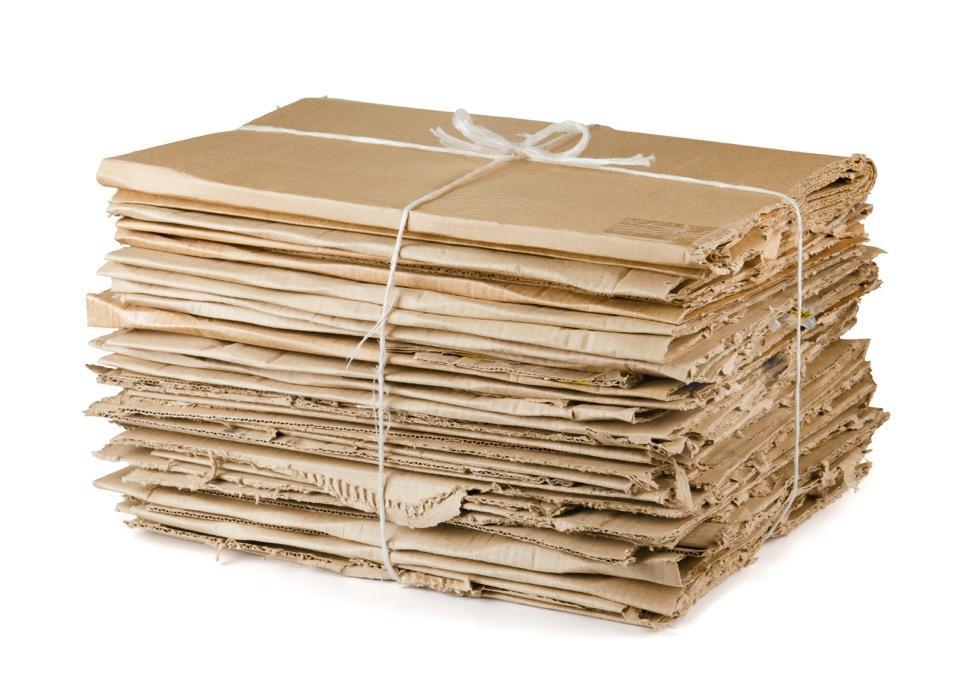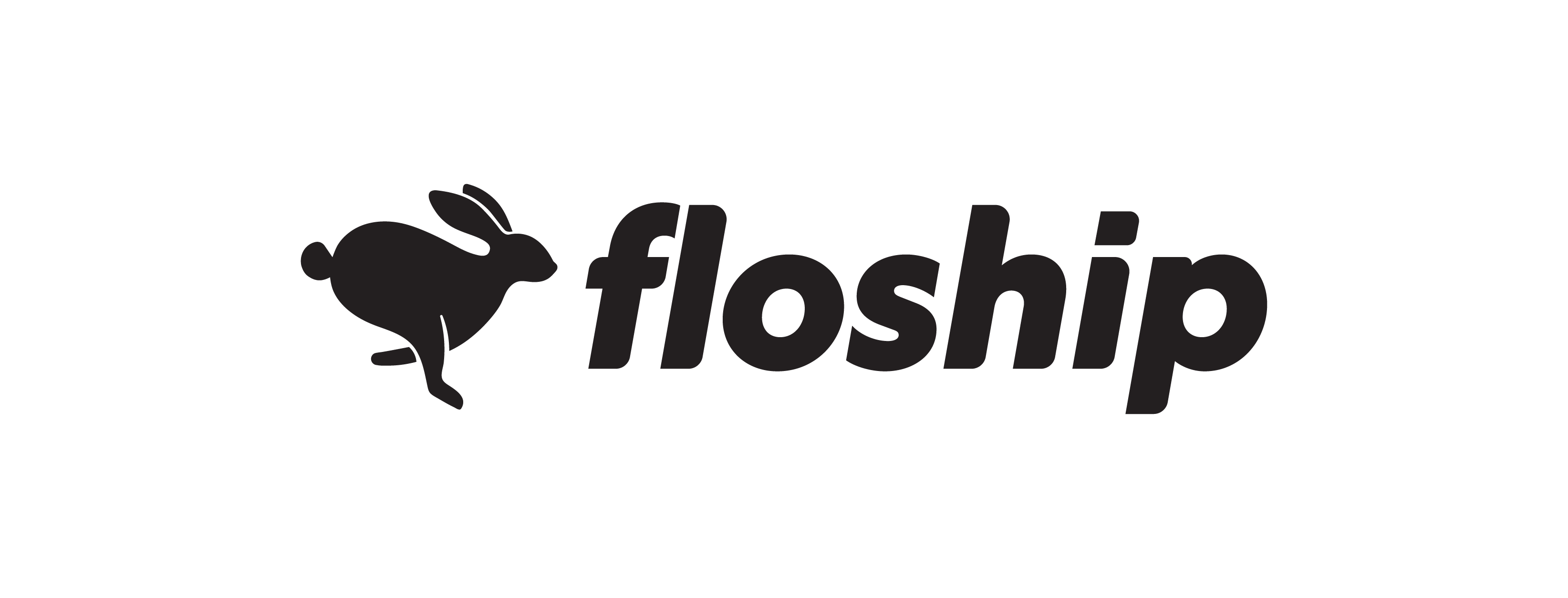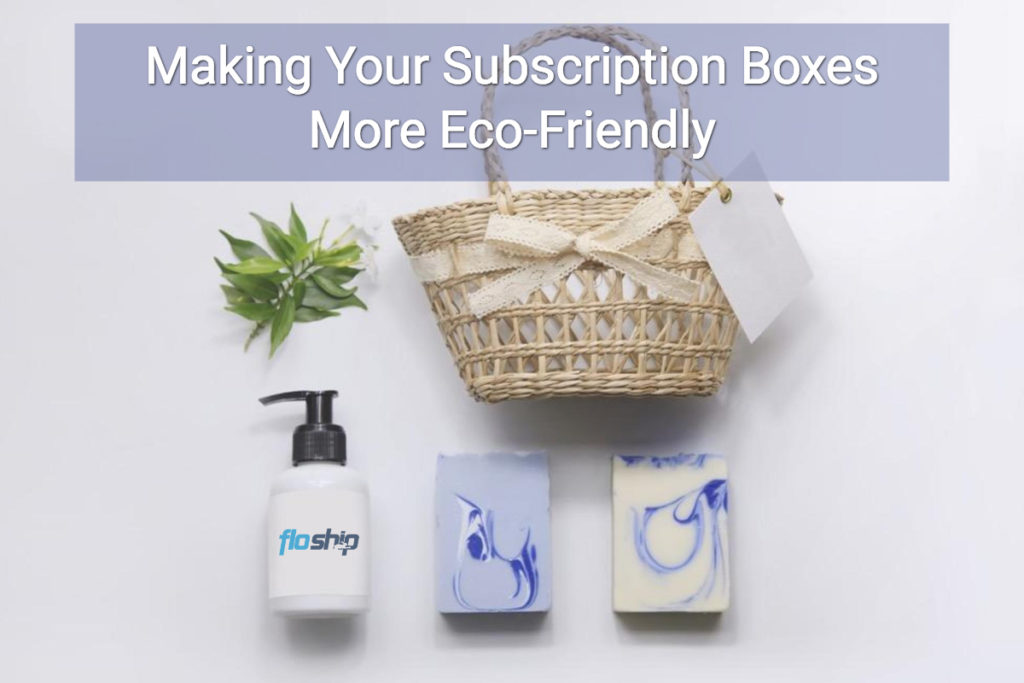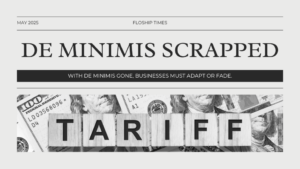Subscription boxes are among the biggest trends in online retail of the past year, and current sales numbers indicate that this booking trend will only continue to increase in both popularity and revenue over the coming years.
Meanwhile, contemporary patterns of consumption indicate that green and eco-friendly supplies are expanding their share of the market, as the tastes of the public trend increasingly toward more ethical options.
The preference for green consumption holds true among the millennial generation in particular. Those aged 20 to 35 today are the economic powerhouses of the future and indicate more strongly than any other age cohort that they are more likely to support businesses that have a smaller environmental footprint than others.
Whether you are a company with current subscription box service or a new enterprise hoping to offer subscription boxes sometime soon, making your product eco-friendlier and advertising it as such is bound to have payoffs not only for Mother Nature but also for your bottom line.
We’ve compiled a few tips that can help your business optimize the ecological aspects of a subscription box service and translate green changes into profits.
Why Eco-Friendliness Is Relevant to Your Business
When considering transitioning to a greener business model, many business owners are concerned they will have higher costs but no change in their sales numbers. However, if the “green” aspect of the product or service is well-advertised, sales and profits almost always increase.
Though there may be some increased cost associated with offering green products in your subscription box, these are inevitably offset by the increased sales that come with green offerings.
The Type of Boxes and Packaging You Are Using Matters

One of the first considerations for “greening” your subscriptions box is — perhaps unsurprisingly — the box itself. Using a high-quality corrugated cardboard box to ship your items almost guarantees the box will be used again and again, meaning less waste and a more satisfied consumer.
You may also consider using eco-friendly packaging materials, such as air cushions made from recycled materials that are 100 percent biodegradable.
Businesses that do not use eco-friendly packaging are missing out on a key opportunity to demonstrate green values to clients who value these choices — and may risk alienating a considerable segment of their market population.
Carbon Neutral Subscription Boxes: What You Need to Know
One way to make your subscription box as green as possible is to offer a carbon neutral experience.
This means ensuring a specific threshold of net emissions created in the production of the items included in the box, as well as the transportation of the box from the time it is filled to its destination.
This is generally done by purchasing carbon offsets for the amount of estimated carbon emissions the box produces.
Using this method, trees or other greenery will be planted to remove carbon dioxide from the air, thereby neutralizing the negative impact of the carbon emissions associated with producing and shipping the box.
Options for Items to Include: Organic
Organic options are among the most popular when it comes to converting your subscription boxes to green alternatives.
Organic farming avails farmers of the least invasive and least environmentally destructive methods for growing crops using traditional methods as well as new innovations.
Organic farming avoids the use of pesticides, herbicides, insecticides and other chemicals in favor of less damaging substances and strategies that promote optimal health of crops and their surroundings.
From gummy bears to quinoa, organic food is an easy way to convert a food-based subscription box to be eco-friendlier. However, there is so much more to organic than simply food products.
Whether it means including socks produced from organic bamboo or sourcing organic dish soap for a cleaning product subscription box, there are endless organic products available that can make your subscription box service environmentally friendly.
Options for Items to Include: Vegan

Veganism is a booming dietary and lifestyle trend of the past two decades that only seems to grow in popularity as vegan restaurants pop up all over the United States and the world.
The word “vegan” means entirely plant-based and refers to food, clothing and other items that are made without animals or animal products. Vegans eschew meat, seafood, dairy, eggs and honey, as well as leather, wool and other products are derived from animals.
Animal products use a much higher amount of land, water and resources to produce when compared with non-animal items. For this reason, and for the fact that their net carbon emissions are exponentially lower than that of animal-based products, vegan products are among the eco-friendliest options available on the market today.
Offering vegan alternatives will require reviewing your current subscription box offerings and substituting those that contain animal products or by-products.
Shampoos, conditioners and cosmetics are a quick win for switching to vegan alternatives, as there are excellent and high-quality alternatives available at comparable prices to non-vegan options.
Food items are easily found in vegan varieties and often are considerably less expensive than their non-vegan counterparts.
Options for Items to Include: Ethically Sourced
Beyond organic and vegan items, you may also consider including items that are certified as ethically sourced.
The requirements for this kind of certification vary according to the particular items that fit with your service, but options generally apply to boxes across the fitness and lifestyle, health and beauty, food and general lifestyle sectors.
For instance, there are specific certifications offered by the Rainforest Alliance for chocolate, paper, wood and other similar products. These ensure the products have been produced in a manner that does not contribute to the environmental degradation of the rainforest and cloud forest biosphere.
For many products like coffee and cocoa, Fairtrade items are very popular with people who would also be interested in purchasing eco-friendlier items. Though Fairtrade products are not by definition eco-friendly, there is enough overlap in their respective market bases that it is worth considering these products as well.
Other products with ethical or environmentally-friendly options available include tropical fruits, coffee and tea, nuts and products derived from palm oil.
The Bottom Line
Eco-friendliness is of increasing relevance across diverse populations and sectors of the economy.
Whether you are offering a luxury pet product or exclusive makeup offers tailored for individual women on a bi-monthly basis, you are sure to find a solid base of customers who will line up for the lastest and greatest eco-friendly deals.

Ready To Upgrade Your Logistic Solution?
Speak to Floship ecommerce logistic consultant about improving your global support chain today




